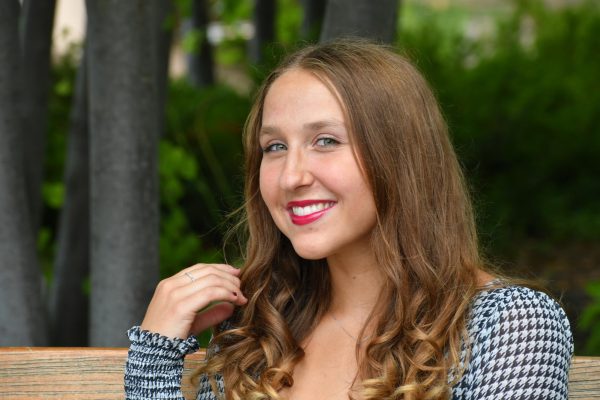Grinnell College’s comprehensive fees, encompassing tuition, room and board costs, will rise by over 5% in the next academic year to reach at least $84,948 for students choosing on-campus housing and an unlimited meal plan.
Though the rate of each student’s comprehensive fee increase is dependent on their housing and meal plans, this increase in fees will still affect all students regardless of whether they elect to be in apartment-style or dormitory housing. This academic year, the comprehensive fees totaled $80,740.
Germaine Gross, vice president for finance and treasurer of Grinnell College, wrote in an email to The S&B that despite the increase, the cost of attendance remains less than the cost of education.
“Even students who pay the full fee receive a substantial discount compared to the real cost of their education,” Gross wrote.
The established comprehensive fee for each student is $12,500 lower than the actual cost of providing education, according to an email sent to students by JC Lopez, interim vice president for student affairs, on Dec. 1.
Gross also wrote that Grinnell remains less expensive than other comparable liberal arts schools, a trend she said is expected to continue.
A comparison to other similar Midwest liberal arts colleges reveals that Grinnell is equivalent in cost. Carleton College’s 2023-24 fees totaled $82,167 this year, compared to $80,740 at Grinnell. The fees at Kenyon College were $83,740 this year — also higher than Grinnell’s. Macalester College’s fees were $79,890 from 2023-2024 — over $2,000 less than Grinnell’s.
Gross wrote that the fees, including tuition, are increasing by a greater margin than they have historically due to “inflation and increased operating costs.” For example, in 2019–2020, prior to the pandemic, the comprehensive fees increased by 3.75%. Two years ago, the fees increased by 4.84%.
Samuel Grayson `27 wrote in an email to The S&B that he understands the College has to increase fees as their costs increase. However, he considered tuition strategies that the College could implement.
“I would like if they locked in [the] tuition for all four years like many other colleges do,” Grayson wrote.
Cady Ngo `25 wrote in an email to The S&B that the comprehensive fee increase is frustrating.
“It’s a development I recognize as a response to economic trends, although not one that sparks joy,” Ngo wrote.
“What adds to the frustration is that we are in Iowa, known for having one of the lowest costs of living in the United States,” she continued. “Yet, on-campus living has us paying as if we’re in a major metropolitan city, without any of the amenities.”
Despite the fee increases, Gross wrote that the College is committed to making education accessible. She also emphasized the College’s commitment to increasing financial aid.
“The College is committed to ensuring that the fee increases do not disproportionately burden students with financial need,” Gross wrote.
Grayson wrote that he would like the financial aid office to consider increasing merit aid to cover the cost of tuition.
“I feel that if Grinnell were to raise merit scholarships or lock tuition it would demonstrate Grinnell’s commitment to their students even after they have enrolled,” Grayson wrote.
However, Ngo said she doubts the financial aid process will be able to cover the rising fees.
“I have no confidence that the financial aid office will even attempt to accommodate those most affected by the fee increases,” she wrote.
Brad Lindberg, associate vice president of institutional initiatives and enrollment, elaborated on the College’s financial aid practices in an email to The S&B. “If the cost of attendance exceeds the family’s ability to pay, they will become eligible for need-based financial aid. Financial aid increases as the comprehensive fee increases,” Lindberg wrote.
Indeed, the value of Grinnell Choice scholarships has increased with the increasing comprehensive fees. For incoming students of the class of `28, the scholarship is now valued at $20,000 per year. For students in the class of `27, though, the scholarship remains at $10,000 per year for the remainder of their time at Grinnell.
“If everyone has to pay the new tuition, then I feel everyone should get the current going rate of the scholarships,” Grayson wrote.
Ngo and other students have submitted requests for reconsiderations to access financial aid that more accurately fits their financial situations. Despite these, Ngo feels that the financial aid department at most “shrugs their shoulders.”
“They could not care less about an individual student’s mental health and well-being in such extreme circumstances, leaving me skeptical about their willingness to accommodate almost 2,000 students who may face similar challenges,” Ngo said.





















































